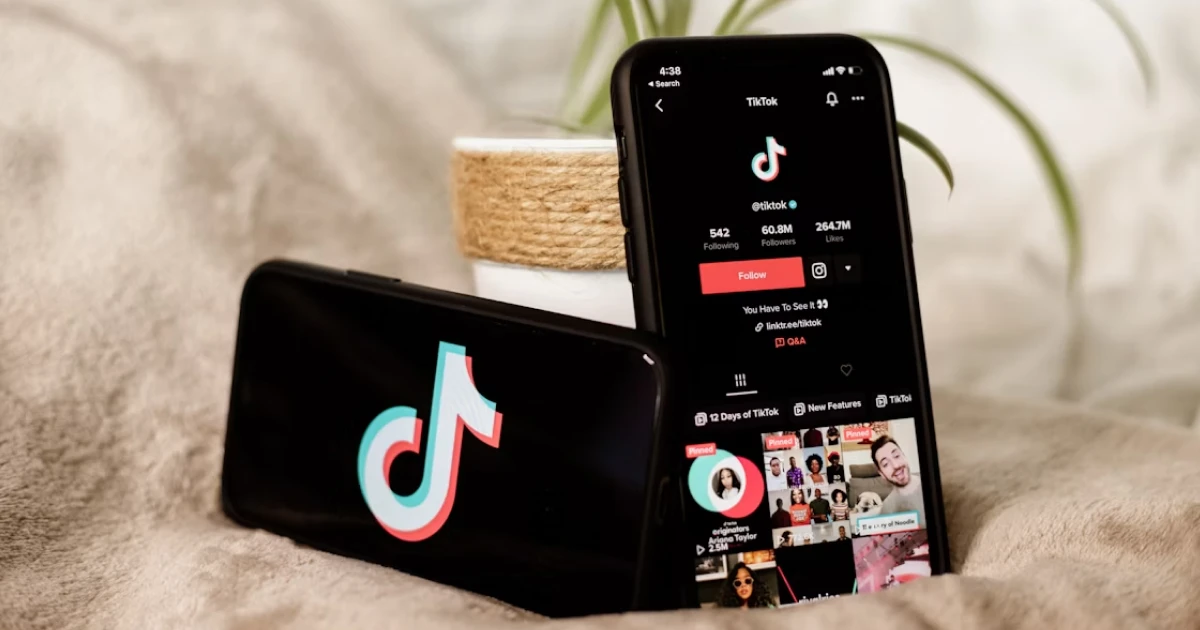have in common? Social Media, exactly!
Social activism isn’t a new concept. On the contrary! People have been fighting for their rights for centuries. But what promoting social change meant back then was taking to the streets with picket signs, organizing rallies, and distributing pamphlets. These practices are still used even today. But truth be told, they are limited by region and reach. After all, if we had organized a rally in Amsterdam, how would the people from Paris have known about it? Just from reading about it in the news the next day.
But let’s face it – with the increased use of social media, activism has taken on a whole new level. It is not only the place for memes (although even memes contribute to social change). Instead, what’s so special about social media is one aspect: information flies extremely quickly. Trends, scandals, viral videos. If it’s appealing to the mass, best believe it’s going to be talked about.
That’s what makes it the perfect way to spread awareness and mobilize people toward a cause. Social media has evolved into an effective tool for advocacy and creating real change. Instagram, Twitter, TikTok, Facebook – all of these networks have given a voice to people who were once silenced or can amplify those voices, and it has allowed them to share their experiences. This way, they can get to those of us who want to take action regardless of our physical location.
Social Media is a powerful tool for creating awareness and getting people to act in their communities.
Why? Well, individuals may now raise their voices in protest against injustice more easily than ever before, thanks to the capacity to exchange information about oppression and other social concerns via social media platforms. It also allows people to share what inspires them daily. They can share these types of posts with others who may be dealing with similar challenges or seeking inspiration from another person's narrative or journey. Lead by example!
This can inspire people who see your dedication to your cause by demonstrating how much time and effort goes into creating real change in society! Moreover, you can provide them with an example of what they could do if they put their minds to making things better rather than complaining about how bad things are now. Which, let’s be honest, isn’t productive!
Sharing personal stories of struggle and triumph on social media can be a powerful way to connect with others. When you share your story, it allows others to see themselves in a new light. It lets them know that they are not alone in their fights and that there is hope for success if they persevere through those difficult circumstances. They may be able to relate to what you've gone through, or they may learn something from how you handled the situation (and how it turned out).
When you post your story on social media, it can also help others understand how they are connected to larger movements for social change. They are not alone! For example: If someone sees another person's post about climate change activism or sexual assault prevention efforts on Facebook or Twitter, they may decide they want to get involved themselves!
Social media has become the launch pad of activism and consciousness-raising!
Look at Greta Thunberg, for example! She has become the embodiment of social media activism and the face of fighting climate change. However, she didn’t start on social media. On the contrary! She started this movement against climate change simply by participating in a protest outside of the Swedish Parliament. Of course, this didn’t gain that much traction. Not outside of Sweden, at least.
But once she went on Instagram and established a digital activism brand, that’s when people started recognizing her. This way, her “Skolstrejk för klimatet” sign became the emblem of combating these issues, a large number of students from around the world starting to replicate her sign – both in Swedish and in their native language. Today, she went from being just another youth activist to one of the most important figures representing environmental issues. This is what I call the power of social media!
And that’s not all! Social media is the reason the Arab Spring Revolution started in 2011. On December 2010, Mohamed Bouazizi, a young man who was selling vegetables in Tunisia, set himself on fire after being mistreated by local authorities. But social media played a big role in this because this incident was captured on video and shared on various platforms worldwide. This led to massive outrage and protests across the country, protests which then spread to other countries that were dealing with police harassment: Egypt, Libya, Syria, Yemen, and Bahrain.
In the same way, the Black Lives Matter movement started gaining momentum in 2020. After the video of George Floyd started going viral, everyone – celebrities, influencers, and even normal people – all of them were showing their respect by posting a black square on their social media accounts.
In all these cases, it started a conversation! And, after all, this is what social change is all about! Talking to each other. Educating each other. Understanding the need to treat people right regardless of their race, gender, or social status. Or simply acknowledging the existence of those who have been marginalized. This way, we stop perpetuating the same toxic stigmas.
And let’s not forget about memes!
Memes are an excellent technique to convey a message. They're also an excellent method to communicate concepts quickly and help individuals who aren't necessarily engaged in politics to realize why these issues are so crucial for the rest of us.
The finest memes give you insight into what someone else is feeling, which is why they're so effective as social change tools. They are also great at mocking politics. Several users on social media, for example, have shared memes expressing how much they despised Donald Trump.
These memes are amusing, but they also helped to raise awareness of the president's conduct and acts during his presidency. If you look at any political meme page on Facebook or Twitter (such as @PoliticalHumor), you'll see that the majority of them are attempting to enlighten people about what's going on with their government! And it’s a great incentive.
One thing is clear – everything is online now. Especially our communication. Be honest – you’re talking to your friends more often through social media rather than on the phone or even in real life. But that’s what has made social media the catalyst for social change. That’s why when an activist wants to promote a cause, this is the first place they go to.




.webp)











